Memories for the future
Through the support of the EVZ Foundation, Local History funding program in a frames of Memories for the Future: recording and exploring the potential of the Roma Genocide survivors testimonies project we conducted this important research and gave a voice to those directly impacted by the horrific Second World War. The testimonies gathered from survivors: Raisa Andriychenko, Oleksandr Beinarovich, Valentina Lebedeva, Valentina Bobrova, Vira Biryuchenko, and Valentina Polyakova provide invaluable insight into the experiences of the Roma community during this time.
It is important to highlight the significance of this project, as it sheds light on a dark chapter in history that is often overlooked. The Roma Genocide is a tragic event that resulted in the systematic persecution and extermination of Romani people by the Nazis during World War II. By collecting oral history materials from survivors, we can preserve their memories and ensure that their stories are not forgotten.
The development of a comic book as the final outcome of this project is a creative and engaging way to share these important stories with a wider audience. By bringing these testimonies to life through visual storytelling, we hope to raise awareness and educate others about the Roma Genocide and the importance of remembering and honoring the lives lost.
Overall, this project serves as a reminder of the atrocities committed against the Roma people and the ongoing need to confront and address discrimination and prejudice against marginalized communities. By amplifying the voices of survivors, we can ensure that their experiences are not erased from history and that their legacy continues to be remembered and honored.
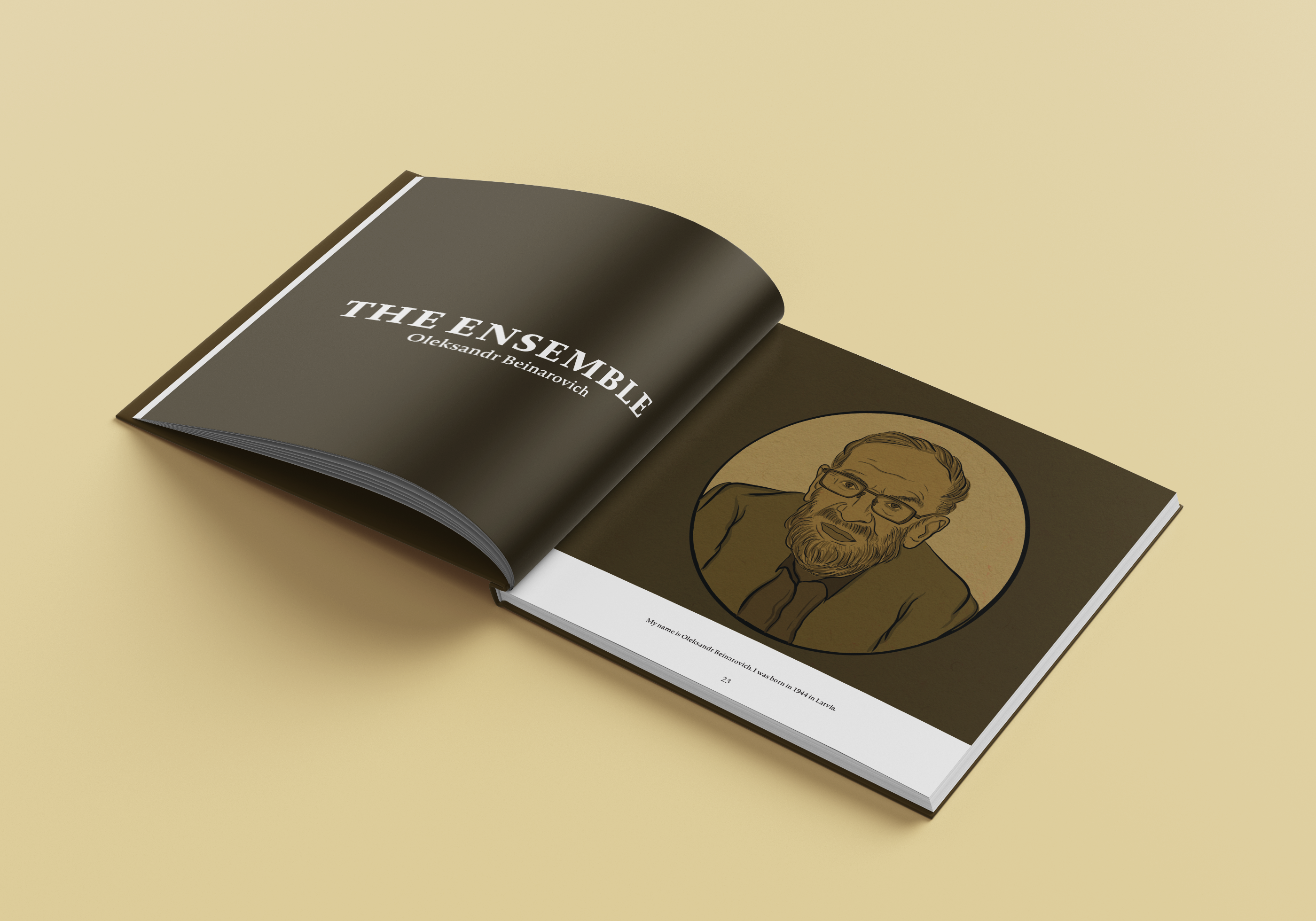

In support of the project's objectives, a comprehensive methodology for collecting oral testimonies about the Roma Genocide in Ukraine has been created in both English and Ukrainian. This methodology includes the following components:
The Roma Genocide in Ukraine: Memory Practices
This overview examines the Roma Genocide during World War II, with a specific emphasis on the events that took place in Ukraine. It explores various methods of commemoration and remembrance, highlighting the importance of oral history collection within Roma communities.
Oral History Collection
Oral history is defined and its significance in preserving memory within Roma communities is discussed. Techniques for gathering memories and testimonies from survivors are outlined, emphasizing the importance of preparing for interviews.
Preparing for Interviews
Key preparations include pre-interview planning, selecting appropriate recording equipment, and crafting suggested questions. It is crucial to consider ethical issues when discussing sensitive subjects such as trauma and persecution.
Conducting Interviews
Strategies for effectively discussing trauma with survivors are presented, alongside specific inquiries about their experiences during the genocide. Tools for archiving and preserving the collected materials are also mentioned.
After the Interview
The document concludes with next steps following the interviews, outlining the processes for processing and utilizing the collected testimonies.
Methodology for collecting oral testimonies about the genocide of Roma in Ukraine

See also
- Safeguarding Oral History of the Genocide of Roma in Ukraine
- Holocaust: tragedy of the Romani people that remains one of the least studied pages of the ІІ World
- Valentina Polyakova
- Valentina Lebedeva
- Valentina Bobrova
- Vira Biryuchenko
- Oleksandr Beinarovich
- Raisa Andriychenko
- Ukrainian Decolonization: the Untold Roma Stories
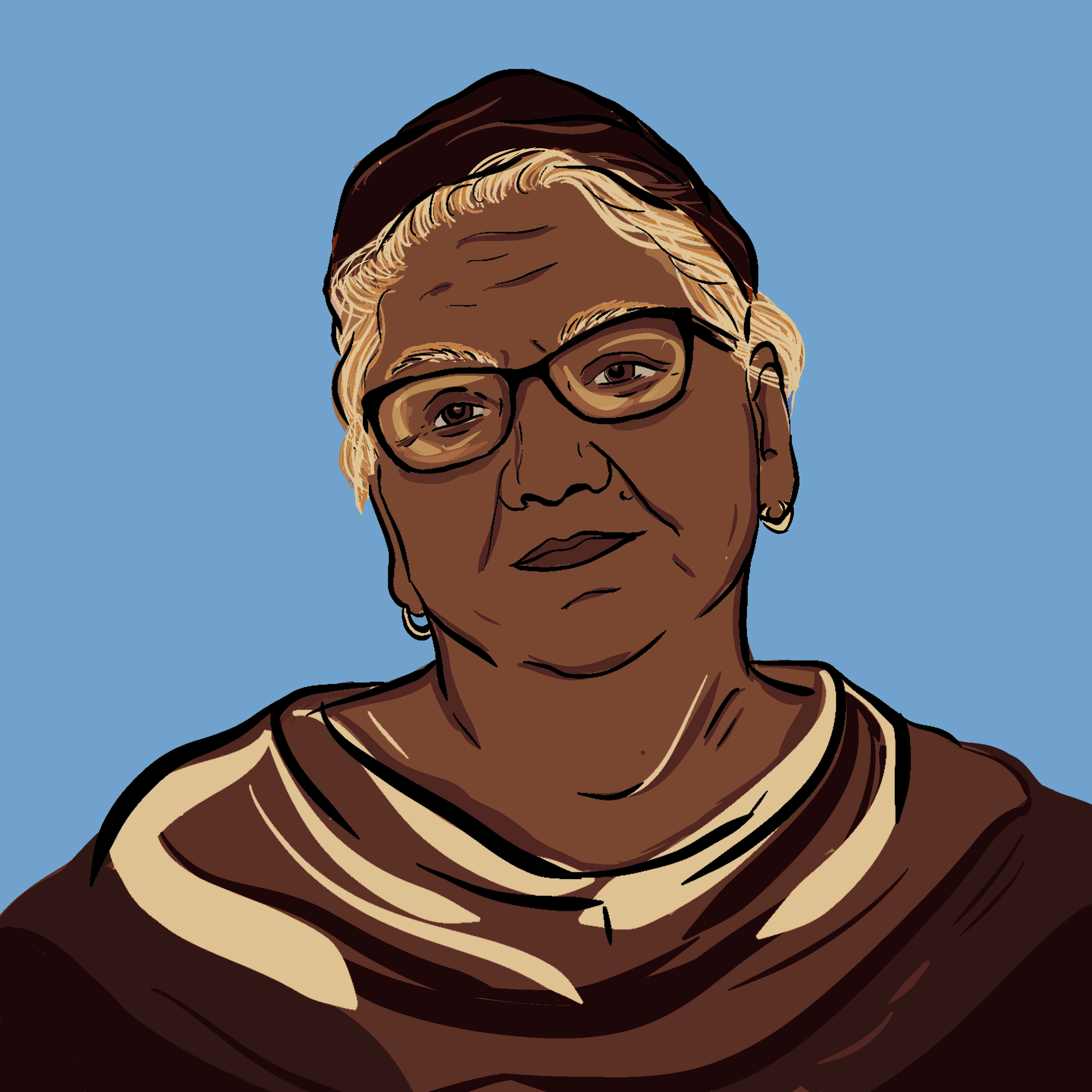 Raisa Andriychenko
Raisa Andriychenko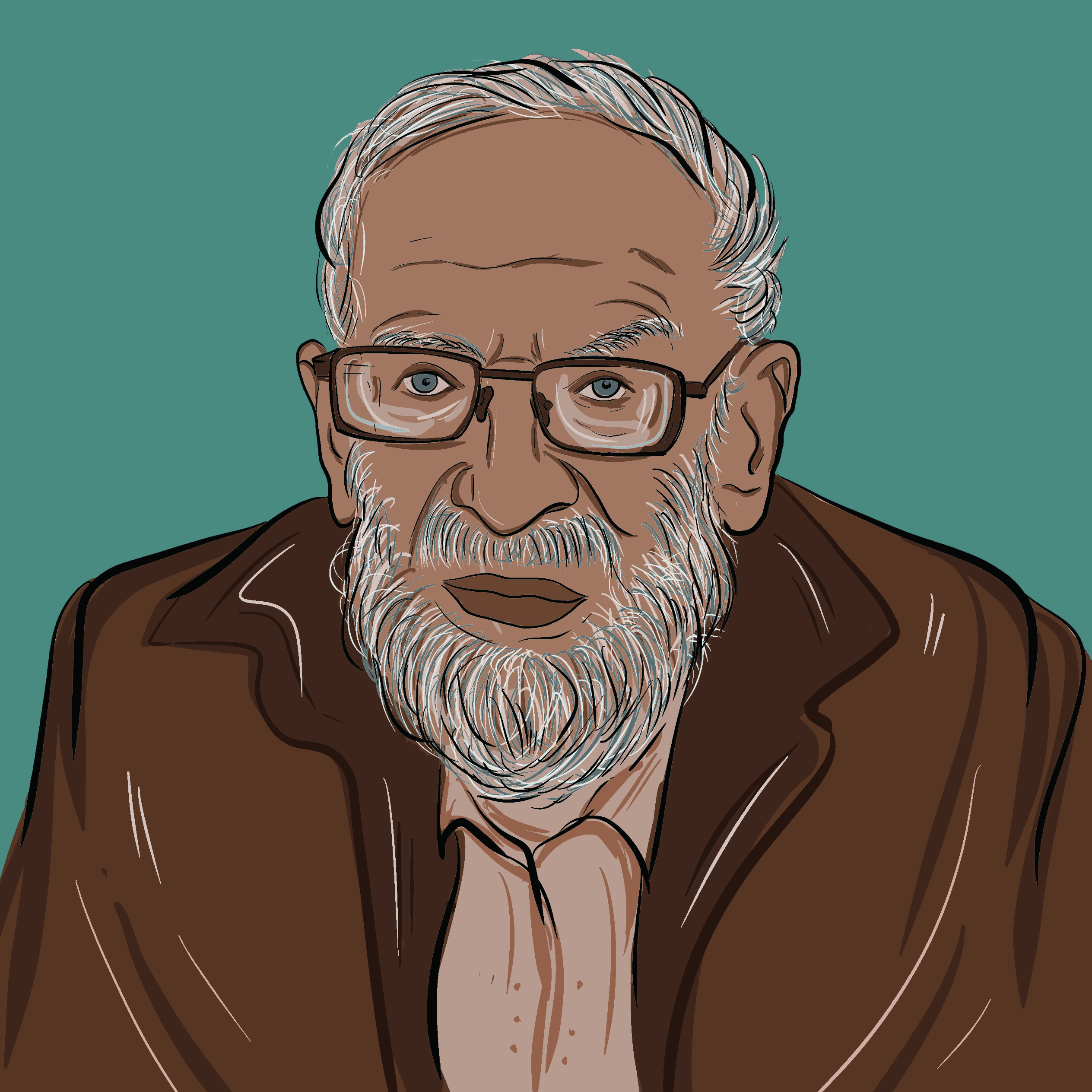 Oleksandr Beinarovich
Oleksandr Beinarovich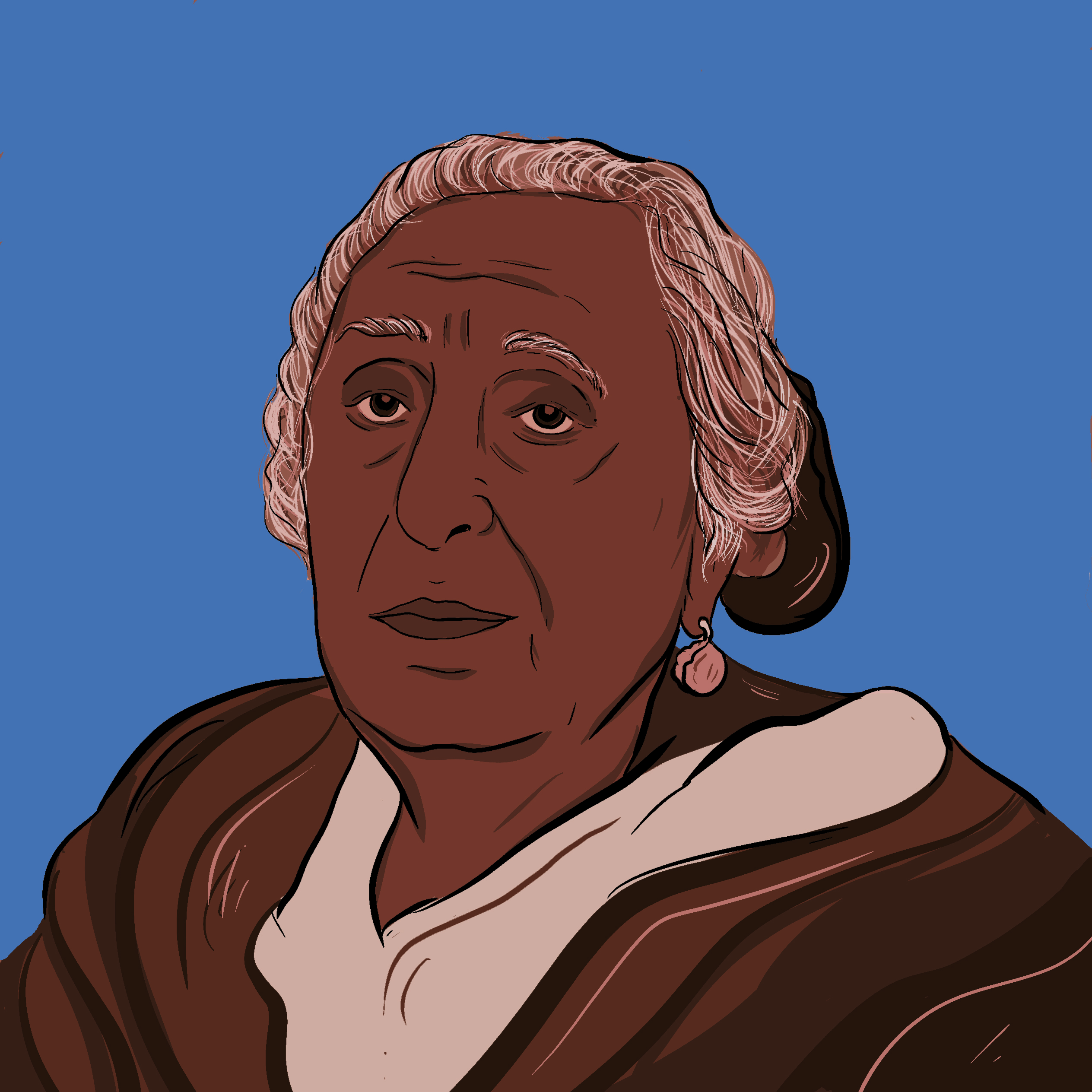
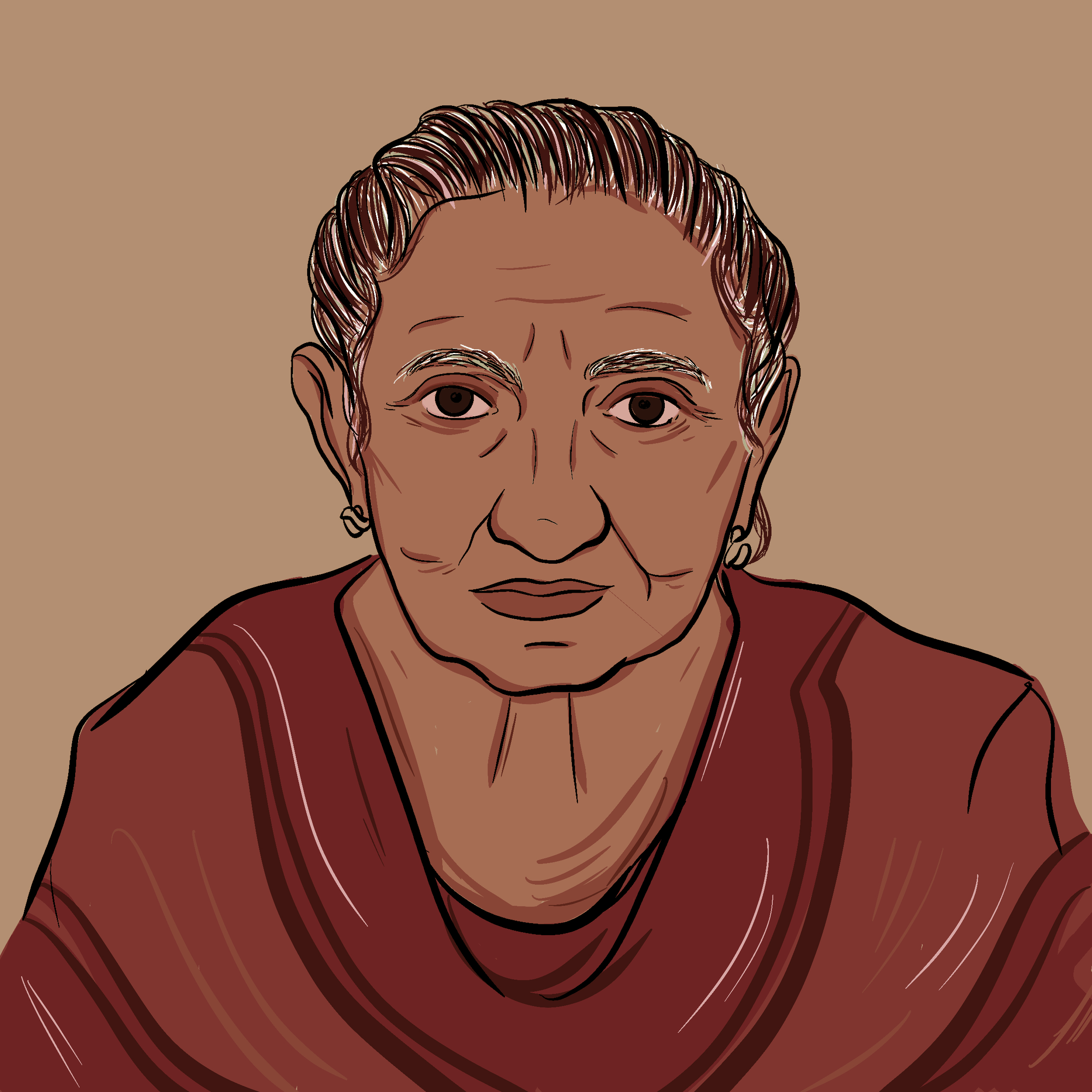 Valentina Bobrova
Valentina Bobrova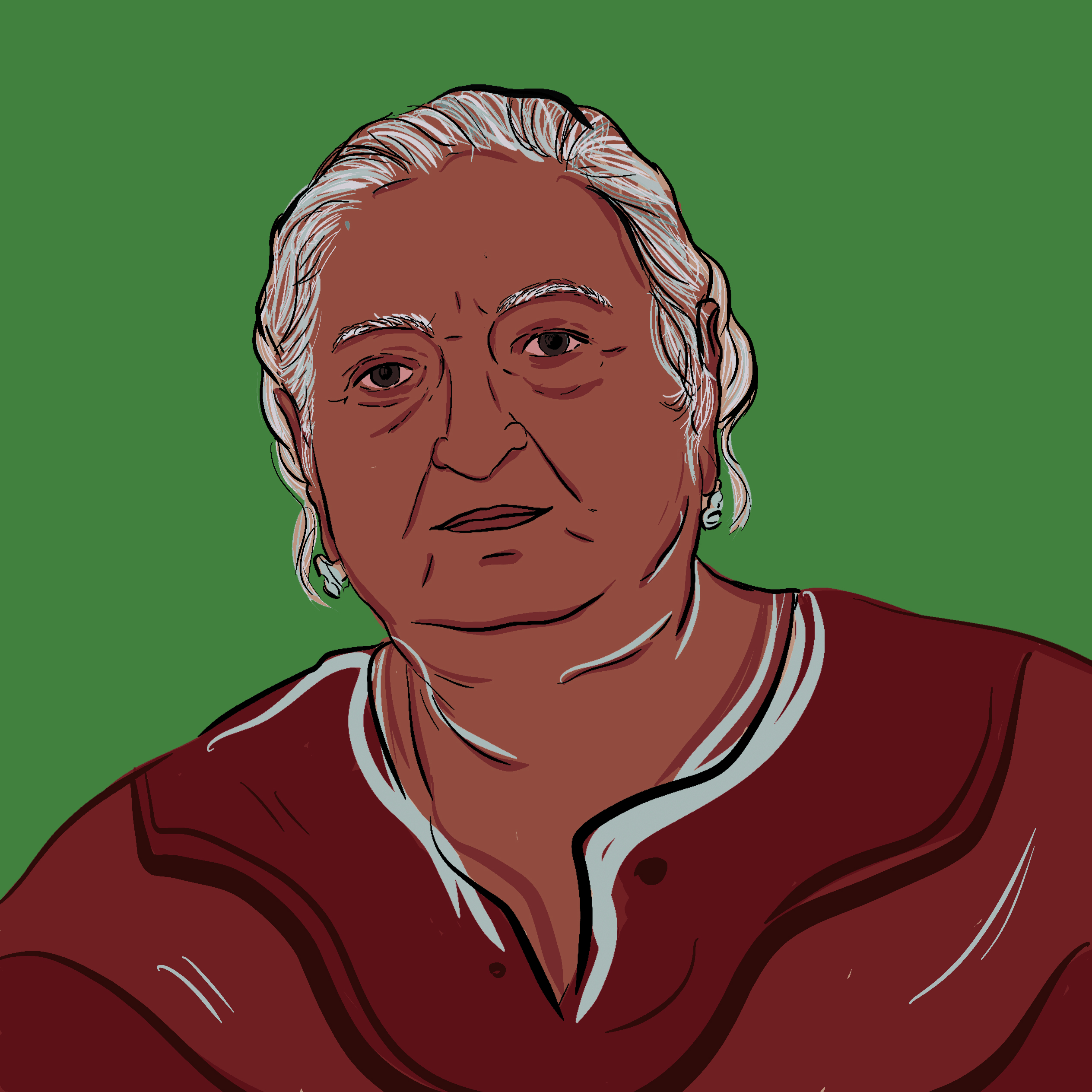 Valentina Lebedeva
Valentina Lebedeva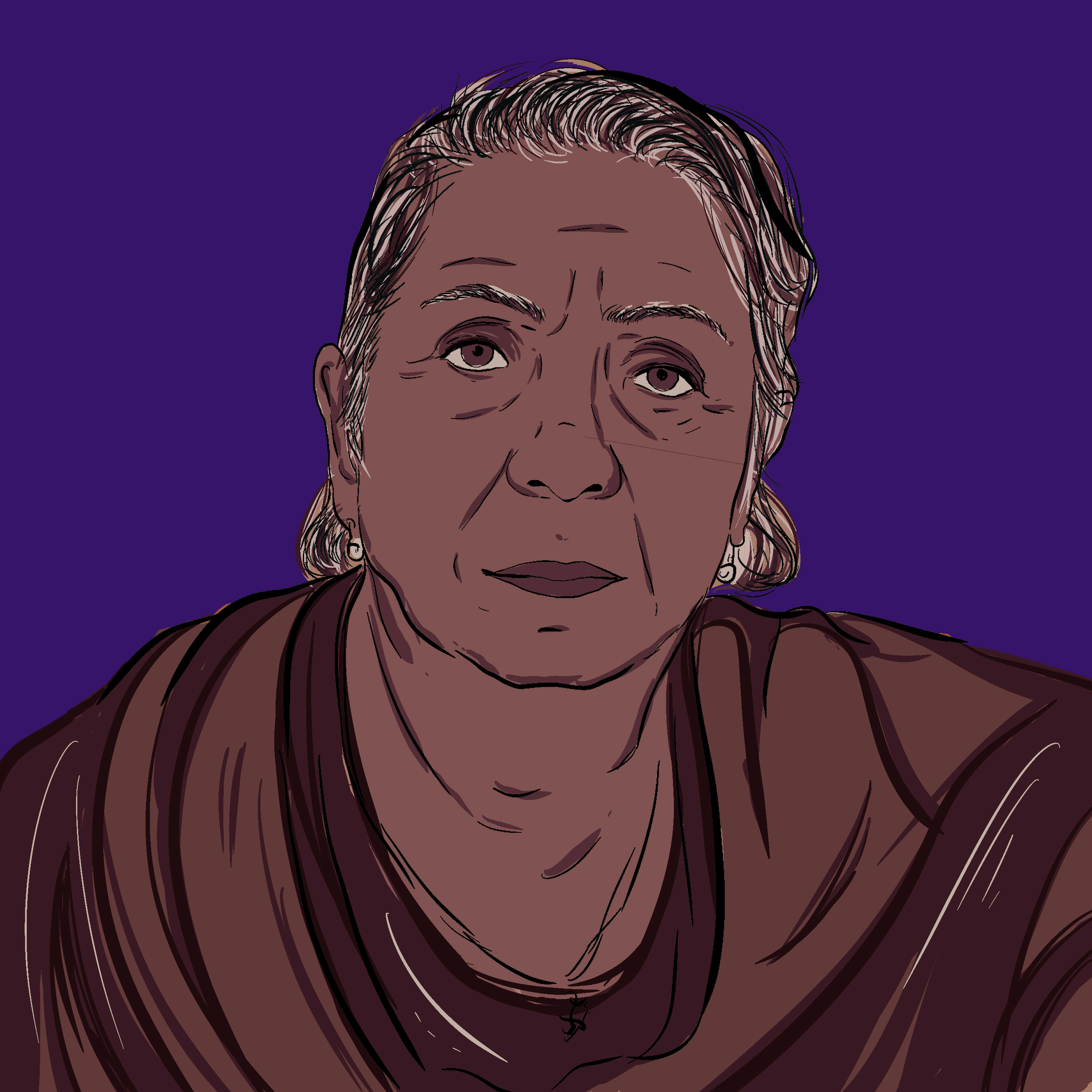 Valentina Polyakova
Valentina Polyakova